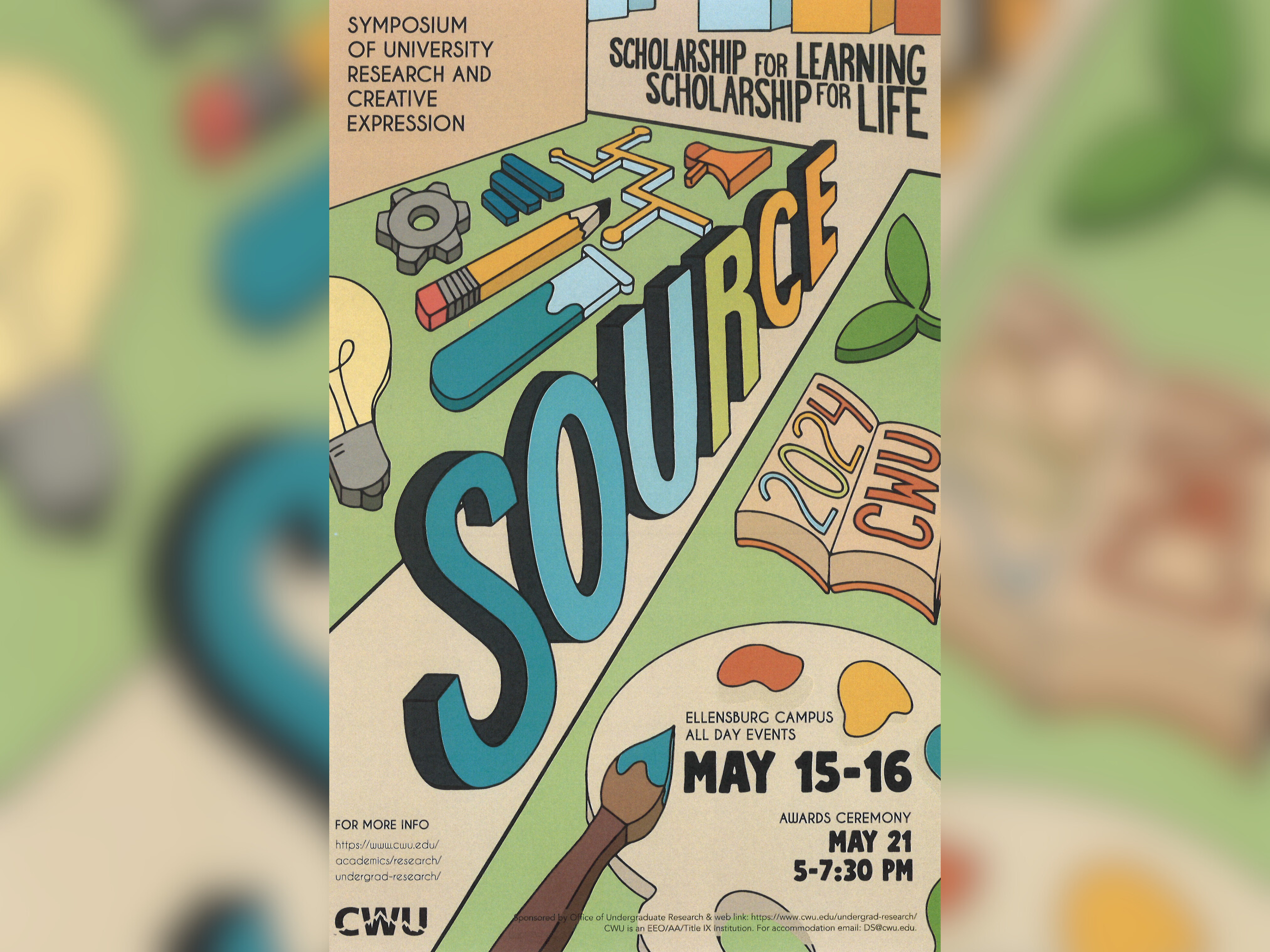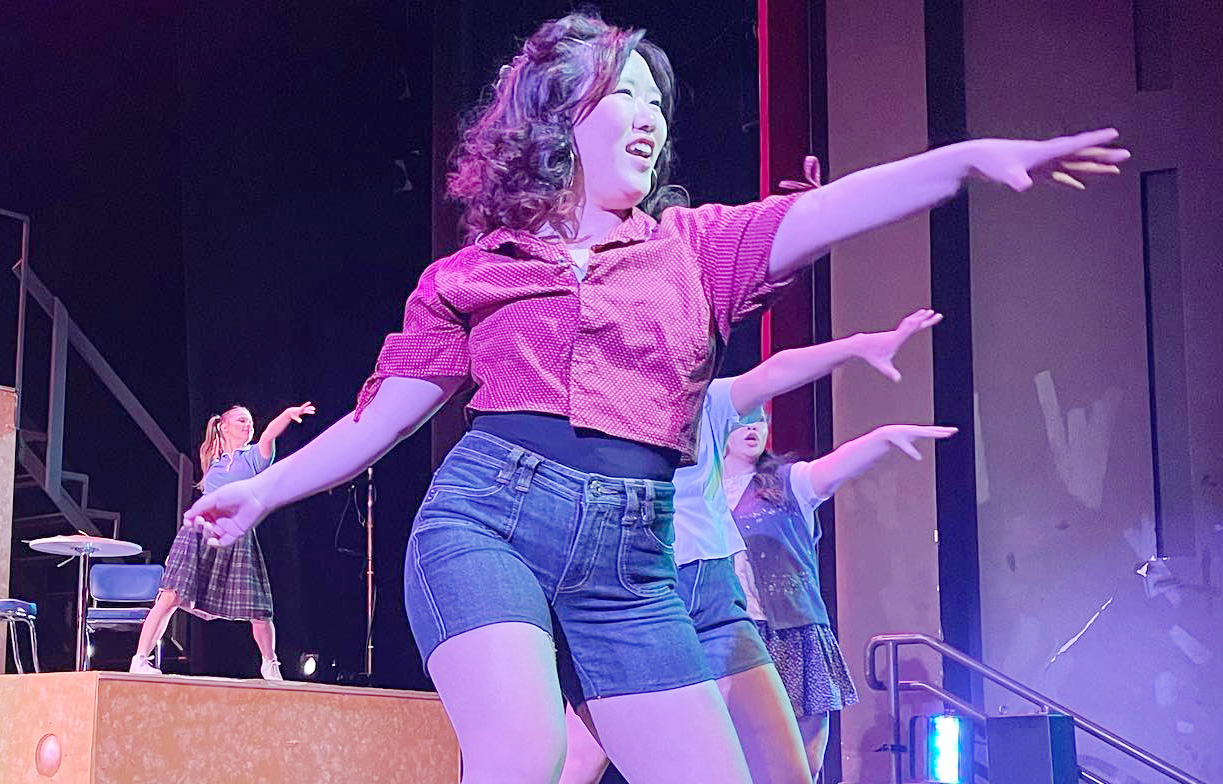
William O. Douglas Honors College
Propose Course
Propose and Teach a Course in the DHC
To propose a course to the Douglas Honors College, we require the following information:
- Topic title and description
- Methods for meeting learning outcomes
- Modes and materials for teaching and assessment
- Evidence of currency in course content
Syllabus Components
When creating syllabi for honors courses, please include the following:
- Class title, time, and place
- Instructor contact and office hours
- Course description
- Course learner outcomes
- Course materials
- Course learning assessment standards
- Course policy and expectations
- Statement of ADA compliance
- Statement of diversity and equal opportunity
- Exceptions for religious holidays
- Course schedule
This information will best inform students of expectations and resources. This Info To Go: Syllabus Outline (PDF)
Learner Outcomes
-
DHC 140, Humanistic Understanding
This is a five-credit, variable-topic course in the humanities. Focuses include analysis and interpretation of human stories of the past, present and future in order to understand the processes of continuity and change in individuals and cultures through both documented and imaginative accounts. Learning outcomes dictate that students will:
- analyze forms of literary, philosophical, historical or religious works from a variety of cultures.
- articulate ways in which beliefs and values, including linguistic, religious, philosophical, and historical circumstances affect interpretations of human experiences and events.
- reason about causes and effects within historical contexts and across historical periods.
- investigate novel problems that necessitate identification of their own linguistic, conceptual and normative presuppositions.
- demonstrate effective use of written and oral communication skills both in form and structure within appropriate disciplinary conventions.
-
DHC 150, Aesthetic Experience
This is a five-credit, variable-topic course which explores questions about the nature of art. This course seeks to understand, interrogate, and engage in the creative process; and to explore the connections between art, culture, and history. Learning outcomes dictate that students will:
- participate in imaginative and artistic creation using discipline-appropriate processes.
- engage in discourse with aesthetic experiences and expressions within the historical, artistic, and cultural traditions of the work under consideration.
- apply aesthetic judgment and exhibit critical thinking to explain how works of art are appreciated and evaluated from different perspectives.
- demonstrate effective use of written and oral communication skills both in form and structure within appropriate disciplinary conventions.
-
DHC 180, Physical/Biological Systems I
This is a four-credit, variable-topic course which engages with physical and life systems, provides methods for rigorously describing the natural world, or addresses social, economic, technological, ethical or other implications of natural phenomena. Learning outcomes dictate that students will:
- articulate how scientific methods and forms of inquiry can be used to describe phenomena and create evidence-based explanations of the natural world.
- recognize social, political, and ethical implications of scientific and/or mathematical discoveries and technological advancements.
- describe how scientific, technological, and/or mathematical developments contribute to our lives and create value.
- demonstrate strong analytical skills including quantitative reasoning and experimental techniques.
- demonstrate effective use of written and oral communication skills both in form and structure within appropriate disciplinary conventions.
-
DHC 280, Physical/Biological Systems II
This is a four-credit, variable-topic course which builds on the purposes of DHC 180. Studying physical and life systems provides students with methods for rigorously describing the natural world, or for addressing social, economic, technological, ethical or other implications of natural phenomena. Learning outcomes dictate that students will:
- apply scientific methods and forms of inquiry to describe phenomena and create evidence-based explanations of the natural world.
- synthesize knowledge of basic scientific disciplines to examine large and complex physical and life systems and relate knowledge gained from natural sciences to other disciplines.
- employ knowledge of scientific disciplines to make informed decisions and address issues of human concern.
- demonstrate strong analytical skills including quantitative reasoning and experimental techniques.
- demonstrate effective use of written and oral communication skills both in form and structure within appropriate disciplinary conventions.
-
DHC 250, Social and Behavioral Dynamics
This is a four-credit, variable topic course which focuses on how individuals, cultures, and societies operate and evolve. Also, disciplined ways of thinking about individuals and groups are introduced. Learning outcomes dictate that students will:
- identify basic principles and institutions that underlie the cultures and traditions of groups, organizations, societies, and/or nations and apply these principles of human behavior for understanding self and others.
- analyze the implications of participation in social groups and institutions to consider ways they inform ethical interactions and contribute to social inequalities.
- describe and interpret theories about individuals, social interactions and networks, or the relationships between individuals and society while applying critical thinking to specific situations involving personal and community decision-making.
- explain and apply diverse empirical methods, including quantitative and experimental techniques, to investigate and analyze individuals, groups, or societies.
- demonstrate effective use of written and oral communication skills both in form and structure within appropriate disciplinary conventions.
-
DHC 260, Cultural Studies I
This is a four-credit, variable-topic course on negotiating cultural differences by applying appropriate patterns of understanding and behavior in culturally diverse settings. Content centers one or more non-dominant cultures or peoples of the United States. Learning outcomes dictate that students will:
- articulate the requirements of informed citizenship based on analyses of social, cultural, economic and/or political processes, issues, and/or events.
- analyze the ways in which social, psychological, and/or culturally diverse experiences create value in a community and influence the community.
- analyze the reciprocal effects of governmental systems (local, national, regional, and/or global) and cultural notions of community and citizenship.
- investigate the relationship of historical, social, economic, and/or cultural developments upon communities, citizenship, politics, and/or government.
- critically evaluate evidence of institutionalized cultural assumptions and their effect on individuals and groups.
- demonstrate effective use of written and oral communication skills both in form and structure within appropriate disciplinary conventions.
-
DHC 261, Cultural Studies II
This is a four-credit, variable-topic course on negotiating cultural differences by applying appropriate patterns of understanding and behavior in culturally diverse settings. Content centers on comparative cultures across national and continental boundaries. Learning outcomes dictate that students will:
- analyze and evaluate the impact of global interactions upon individuals, groups, communities, and nations.
- identify and describe global problems using interdisciplinary perspectives and conceptual models.
- critically evaluate evidence of institutionalized cultural assumptions and inequalities as they affect nations and their peoples.
- apply concepts and processes required for ethical decision making and efficacious civic engagement to address economic, social, and global/transnational concerns.
- demonstrate effective use of written and oral communication skills both in form and structure within appropriate disciplinary conventions.
-
DHC 270, Integrated Learning
This is a four-credit, variable-topic course which takes an interdisciplinary approach to examining social, economic, technological, ethical, cultural or aesthetic implications of knowledge. In addition to department courses that embrace multiple disciplines, course opportunities include community learning, service learning, and international studies courses. Learning outcomes dictate that students will:
- articulate an understanding of the interconnectedness of modes of inquiry across disciplines.
- identify and explore connections between or among different disciplines to explain or inquire about phenomena
- identify problems that require multidisciplinary approaches and critique current mitigation strategies or solutions.
- demonstrate effective use of written and oral communication skills (presentations and discussions) both in form and structure within appropriate disciplinary conventions.
-
DHC 380, History of Science
This is a four-credit, variable-topic course introducing major themes in the history of science. This course highlights investigation of historical and scientific methods through the study of particular historical cases. Learning outcomes dictate that students will:
- describe the historical development of the scientific process.
- recognize the essential elements of a scientific investigation.
- apply the methods of scientific inquiry to issues of contemporary relevance.
CWU News

CWU to highlight student research at next week’s SOURCE conference
May 8, 2024
by Rune Torgersen

CWU Theatre and Film to present ‘Footloose’ the next two weekends
May 8, 2024
by University Relations